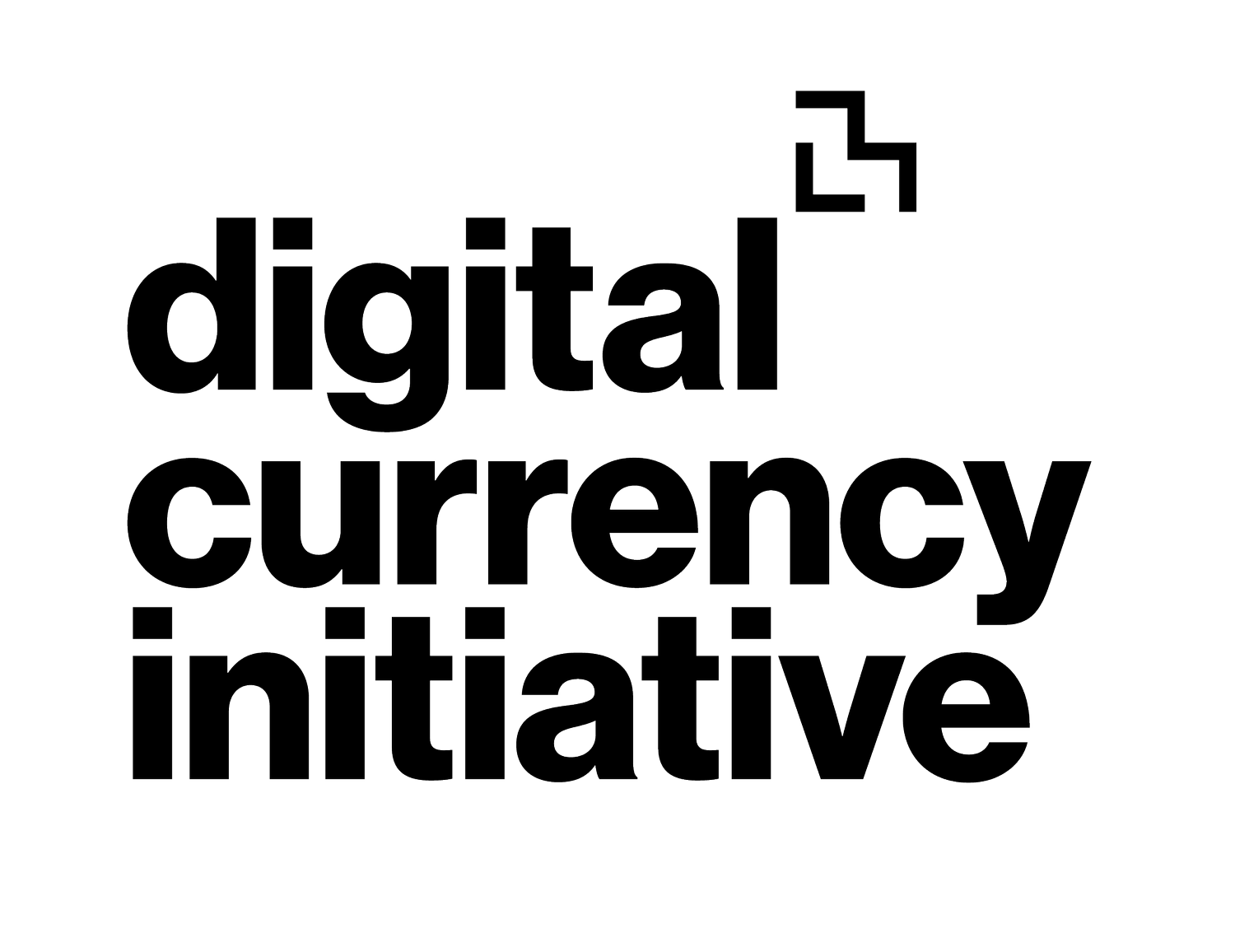About the MIT DCI
The MIT Digital Currency Initiative (DCI) conducts research, development, and education to advance the security, scalability, and privacy of decentralized and centralized digital currency systems.
Founded in 2015 as the first university group focused on Bitcoin, and in 2016, the DCI expanded to explore blockchain protocols, central bank digital currencies, and other digital assets. Housed at the MIT Media Lab, our mission includes educating the next generation of researchers, engineers, and policymakers to build safe, responsible, and ethical digital currency technologies.
DCI is one of the few research groups globally that rigorously studies both decentralized systems like Bitcoin and centralized models such as stablecoins and CBDCs. Our work is anchored in two core research pillars:
Bitcoin R&D - Advancing the resilience and scalability of the Bitcoin network, and engaging in fundamental research to build better decentralized systems. We support long-term research and provide a home for Bitcoin Core developers and researchers working on protocol security, performance, and stability. Read about the Bitcoin Security Initiative.
Future of Financial Infrastructure (FFI) - Exploring how financial systems can evolve to better serve individuals and society. We identify emerging risks and opportunities in digital currency infrastructure and help shape global dialogue around modernization and inclusion. Read more about the Future of Financial Infrastructure.
Our work is guided by the following values:
Integrity and rigor: We undertake impartial research independent of any specific technology, product, or organization. We aim to illuminate both the opportunities and the risks of digital currencies.
Open Source: All of our research—including code, publications, and data—is made freely available to the public.
Real-world impact: We translate research into action through student education, curriculum development, and collaboration with academic, public sector, nonprofit, and industry partners.
Serve the public good: We develop and evaluate digital currency designs that reflect democratic principles: protecting individual autonomy and privacy, improving transparency and accountability, and mitigating systemic risks to promote financial resilience.
